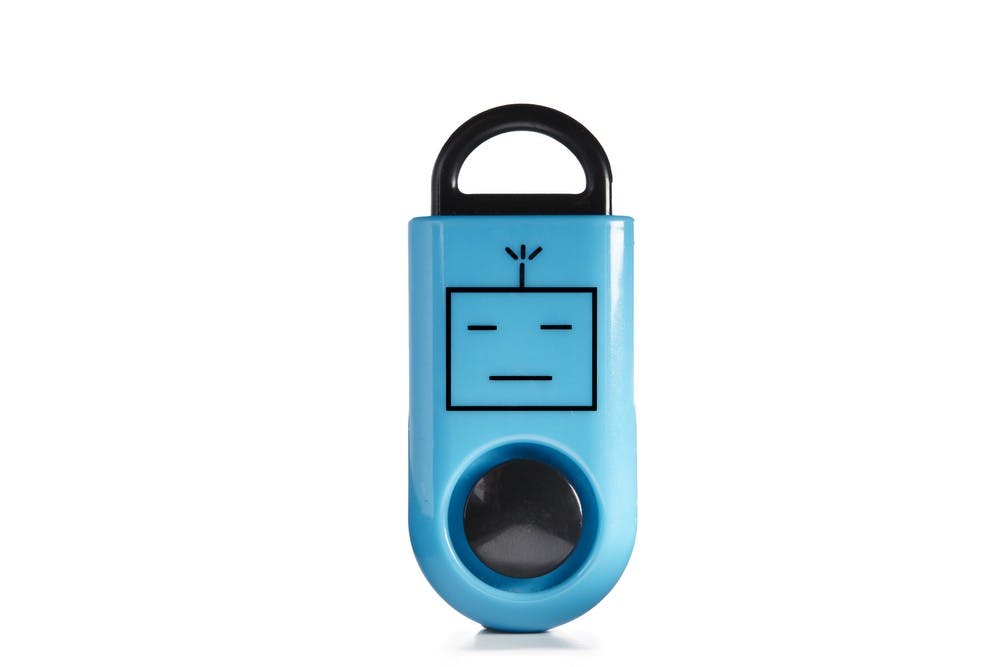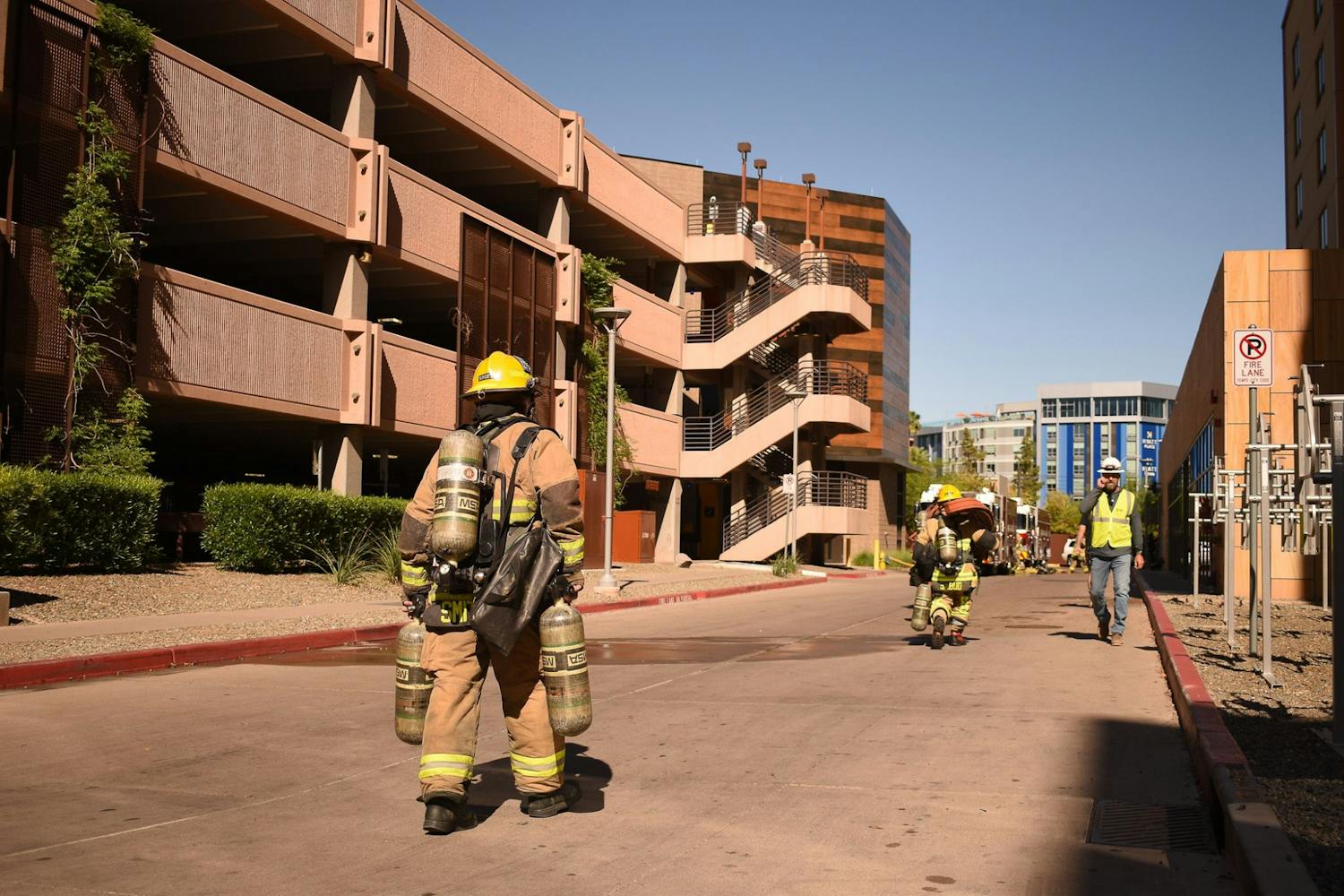Safety on college campuses has become a contested issue, with students, faculty and third parties all throwing their hats in the ring to ensure the safety of those on campus.
Some students have expressed concerns that ASU’s violent crime prevention is less than exceptional.
Garret Walliman, an ASU member and sponsor for Students for Self-Defense at ASU, said the school has not gone far enough in protecting its students.
The student-led group campaigns against campus regulations which do not allow students to carry any form of protection which could be used violently.
“First off, we want to raise awareness about the importance of knowing self-defense — having a self-defensive mindset on campus,” Walliman said.
He said students should be aware of all the tools at their disposal, which are not limited to one form of self-defense.
“(Our goal is) to provide resources and instruction for students on campus to learn various forms of self-defense, and…to change ASU policy that currently prevents students from defending themselves,” Walliman said.
He said non-violent tools are important for students to carry, because ASU prohibits students from carrying anything which could be used as a weapon.
“The current University policies ban all forms of self-defensive equipment that are being carried with the intent of being used as a weapon,” Walliman said.
Chuck Eberspacher, ASU Police Department's Crime Prevention Unit coordinator, said the campus police are making an effort to keep students safe and educated.
"The Crime Prevention Unit conducts numerous safety awareness training sessions," Eberspacher wrote in an email. "These training sessions are available by request and during new student orientation at all four campus locations."
The Crime Prevention Unit also offers classes with information on new regulations, both on and near campus, so students can avoid inadvertently breaking them.
"Oftentimes students do not know what the local laws and regulations are until they violate them, and are then cited for the infraction," Eberspacher said.
Some third-party organizations attempt to establish relationships with universities to further student safety.
ROBOCOPP, one such violent-crime prevention startup, is attempting to establish relationships with colleges across the country in an effort to improve student on-campus safety, but their petition fell on deaf ears at ASU.
Sam Mansen, the startup's co-founder and a U.S. Air Force veteran, said the company's mission is to create non-violent self-defense tools for citizens. ROBOCOPP's new siren is the size of a small flash drive, and is activated by the user pulling the top of it off, in a fashion similar to arming a grenade. It was designed for the user to deter a conflict, rather than engage in one.
When ROBOCOPP contacted ASU, they did not receive a response, Mansen said.
“The worst-case scenario is that they have zero interest in hearing what we have to say,” Mansen said. “If the faculty of the campus don’t care in the first place, then why should students?”
Jill Turner, ROBOCOPP's public relations director, said several universities have not responded to company's request to start a dialogue, but that it does not deter the work she and her colleagues are doing.
“We definitely have plans to contact ASU again,” Turner said.
While the University declined to comment on its interaction with ROBOCOPP, a statement from the University said the school takes violent offenses, particularly sexual assaults, seriously.
“Arizona State University takes sexual assaults very seriously and has instituted a wide framework of prevention and response programs,” the statement read. “All new students receive mandatory training on sexual violence, prevention, intervention and support as part of the ‘Community of Concern’ online course.”
The statement said 35,000 students last year completed the University’s consent and respect online course, which has been factored into the curriculum for ASU 101 this year.
In addition to giving students training, ASU implemented support networks for those who have experienced violence, according to the statement.
“ASU also built a peer advocate network, The Sun Devil Support Network, for students who have experienced sexual violence. A complete list of advisors (sic) is available at https://eoss.asu.edu/sdsn," the statement read.
Reach the reporter at jwbowlin@asu.edu or follow @mrjoshuabowling on Twitter.
Like The State Press on Facebook and follow @statepress on Twitter.




